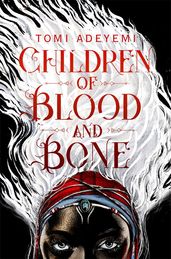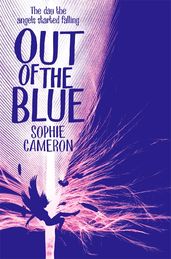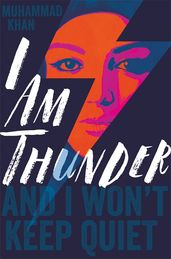Muhammad Khan on the children's books that changed his life
Muhammad Khan, author of I Am Thunder, talks about his favourite books growing up, why we need more BAME children’s authors and the inspiration behind I Am Thunder.
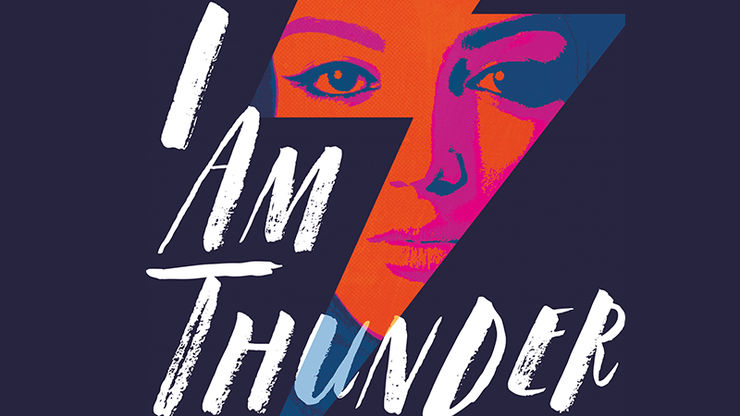
Muhammad Khan, author of I Am Thunder, talks about his favourite books growing up, why we need more BAME children’s authors and the inspiration behind I Am Thunder.
When I was a child, my mother would take my sister and I on regular visits to Balham Library. There I would shoot over to the picture book section and fill my arms with as many colourful books as I could carry. Pop-up books were my absolute favourites. In fact the only downside to these wonderful books was the number of times I found a previous reader’s bogie gluing two pages together!
My bossy sister soon began foisting books-without-pictures on me but I wanted nothing to do with them. But when we got home, I would watch my sister intently reading her pictureless books, laughing, gasping or cheering. Sometimes she would even skip watching TV because she was too engrossed in the fictional adventures of her latest obsession. I also wanted to laugh, and gasp, and cheer, so I begged her to read her books to me. As I listened I found the words coming to life and I saw new worlds and characters as if they were standing right there before me. I was hooked. Gradually my pile of library treasures grew, and with it, my imagination.
One of my favourite reads was the Paddington series by Michael Bond. Paddington is a brown bear from ’darkest Peru‘, who is often glared at because of his unique cultural habits. The parallels between my life and his felt uncanny. We even lived next to a grumpy old man who would sometimes give me very bad advice for which I’d be scolded. I never could understand why my parents made me give him a Christmas gift every year – especially since we didn’t celebrate Christmas!
A Bear Called Paddington
by Michael Bond
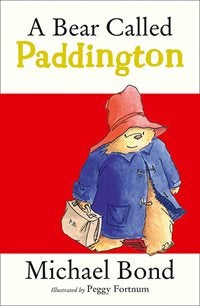
Discover the book here.
It wasn’t till I was fifteen that I found a dusty old copy in my school library of Rice Without Rain by Minfong Ho. This was a seminal moment for me. It was the moment I realised Asian people could be in books. But there weren’t enough of them. Only last year I was speaking to a group of London school librarians when one of them told me how excited she was for my book. ’We seldom get books by black authors’, she said. ‘And Asian authors are even more rare.’ But it seems the rarest of them all are Muslim voices. This sits uncomfortably alongside the fact that Muslims make up the second largest religious group in Britain.
Rice Without Rain
by Minfong Ho
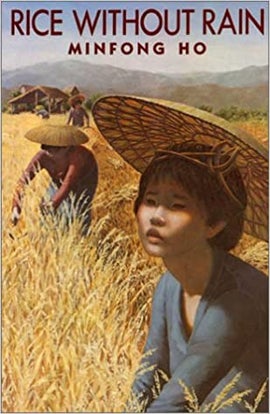
Discover the book here.
Before I started to write I Am Thunder, I conducted a little experiment at school. I asked several different classes if they could name any stories with a central Muslim character. The vast majority could not. Three students mentioned The Kite Runner by Khaled Hosseini. A single year eleven student mentioned Randal Abdel-Fattah’s Does My Head Look Big in This? Needless to say both of these brilliant books were several years old. Why hadn’t there been more in the intervening years and where were all the British Muslim authors?
The Kite Runner
by Khaled Hosseini
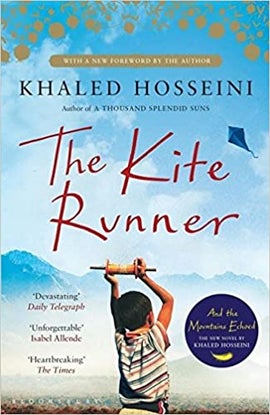
Discover the book here.
Does My Head Look Big in This?
by Randa Abdel-Fattah
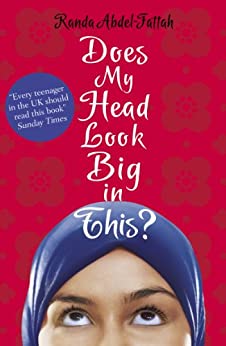
Discover the book here.
As a high school teacher in London, I love chatting to students about their lives. Some like to share bits of their culture with me: the East-Asian student who goes to Chinese school on Saturdays; the Somali student who showed me the intricate henna designs on her hands especially painted for her sister’s wedding; the shy polish girl who taught me to say jak się masz - ‘how are you?’ There are so many cultures represented within my school, within the city. I wanted to capture that richness and profundity in my writing. When you don’t see yourself reflected in books, you begin to feel invisible, as if you and your experiences don’t matter, and I didn’t want my students to experience that.
What finally pushed me into writing I Am Thunder was the fallout for the Muslim community after three girls from Bethnal Green left to join ISIS in Syria. The media went into meltdown, espousing sensationalist story after sensationalist story about how restrictive and radical the Muslim faith could be. The image of a woman wearing a hijab or a niqab became synonymous with female oppression. No one asked the women themselves how they felt.
I was heartbroken, of course, but when I saw the impact it had on my students I became angry. Why should these vibrant and talented young Muslims be made to feel like they should apologise for something that had absolutely nothing to do with them? The Islam they practiced was the antithesis of what they were seeing on the News. So I tried to make Muzna’s story in I Am Thunder transcend race or religion. Instead, it is about female empowerment and standing up for what’s right. It’s about first love and finding your own voice.
This year, Pan Macmillan revealed their new line up of YA authors. Among the six was me – a British Pakistani Muslim - Nigerian-American author Tomi Adeyemi with Children of Blood and Bone, and LGBT author Sophie Cameron with Out of the Blue. And other publishers are doing the same. This is inclusivity in action. It’s a strong start and promises commitment for the future.
When I think back to my own reading and writing journey, I’m proud to see that change is happening. I can’t wait to see all the new books ready to bring joy, happiness and representation to today’s eclectic readers. 2018 . . . represent!
Children of Blood and Bone
by Tomi Adeyemi
Discover the book here.
Out of the Blue
by Sophie Cameron
Discover the book here.
I Am Thunder
by Muhammad Khan
Fifteen-year-old Muzna Saleem is used to being invisible. So no one is more surprised than her when Arif Malik, the hottest boy in school, takes a sudden interest.
But Arif is hiding a terrible secret and, as they begin to follow a dark path, Muzna faces an impossible choice: keep quiet and betray her beliefs, or speak out and betray her heart.
